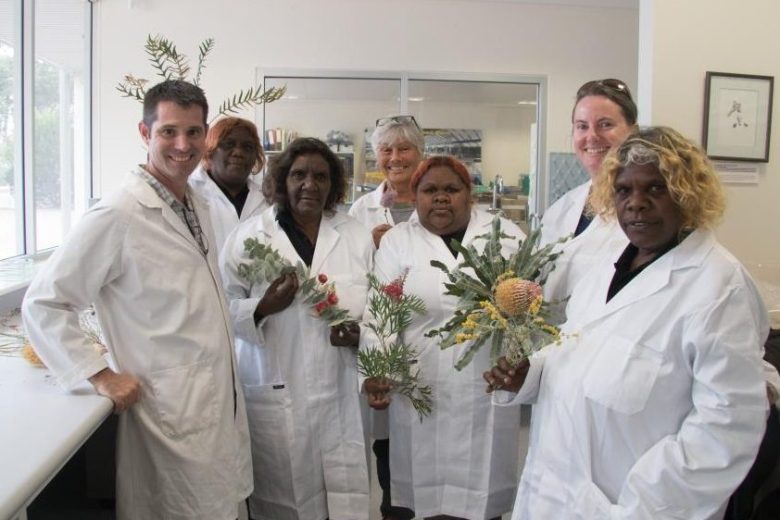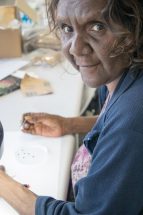
An indigenous ranger employment program in remote south-western Australia is tackling rural unemployment while rehabilitating native plants through traditional indigenous agricultural techniques.
Under the program, announced last week by the West Australian Government, 12 indigenous Noongar people will be recruited by the government.
West Australian Minister for the Environment Stephen Dawson says the ranger program, a first for the state government, will deliver on cultural, environmental and economic outcomes.
“This will be an integral step towards improved community wellbeing and health, reducing poverty and cycles of dependency through economic opportunities and building leadership in remote and regional communities.”
The 12 new positions are part of the West Australian Government’s broader $20 million five-year program to create 85 new jobs and 80 training opportunities, including 47 female ranger jobs, for indigenous rangers across Western Australia.
‘The Seed Women’
Rehabilitating native plants on land destroyed by mining and dispersing culturally significant Arnhem seeds are some of the initiatives to be undertaken by the Ninyma Uninypa “Seed Women” in the Central Desert, one the groups funded by the State Government program.
Earlier this year the group worked on dispersing seeds of the Quandong tree, a native indigenous plant that was used as a food source for thousands of years and features heavily in indigenous mythology but has been progressively destroyed by the local camel population.
Samantha Doudle, program coordinator of the Seed Women program, said the initiative is crucial to addressing rural unemployment and facilitating intergenerational exchange of indigenous agricultural knowledge.
She told Government News:
“A lot of the ranger programs are in extremely remote places where the people have an intimate knowledge of the land, plants and animals, so it’s just the most logical thing on earth that one of the main employment opportunities should be looking after these huge strips of land on behalf of future generations.”
As part of the program the Seed Women will be trained by the Department of Biodiversity, Conservation and Attractions in plant identification, drying and storage and germination while also using traditional indigenous techniques to help rehabilitate native plants.
Closing the employment gap
Western Australian’s program is one of the latest initiatives that aims to address the longstanding under-representation of indigenous people in the public sector.

Earlier this year the West Australian Public Service Commission released itsi employment strategy, citing a commitment to a 3 per cent growth in Indigenous employment in the public sector by 2018, up from 2.6 per cent currently.
Professor Ken Smith, CEO of the Australia and New Zealand School of Government, said that recognising the value of indigenous culture and knowledge is crucial to improving Indigenous representation in government.
“Without listening to Aboriginal and Torres Strait Islander peoples and working with them to design and deliver policy we will never be able to close the gaps between Indigenous communities and the rest of Australia.”
Improving employment pathways and economic outcomes for indigenous people relies on procurement and employment programs, says the Western Australian Public Sector Commission.
“The Western Australian public sector employs approximately 138,000 people, which provides the opportunity to make a significant contribution towards providing career opportunities for Aboriginal people, while building a capable workforce that is both diverse and inclusive,” it said.
Ms Doudle says that similar ranger programs should be mirrored in other states, so that states and local government are encouraged to work closely with Indigenous communities to create employment opportunities.
The next round of funding for the second phase of the Indigenous Ranger Program will be available in 2019.
Comment below to have your say on this story.
If you have a news story or tip-off, get in touch at editorial@governmentnews.com.au.
Sign up to the Government News newsletter.
